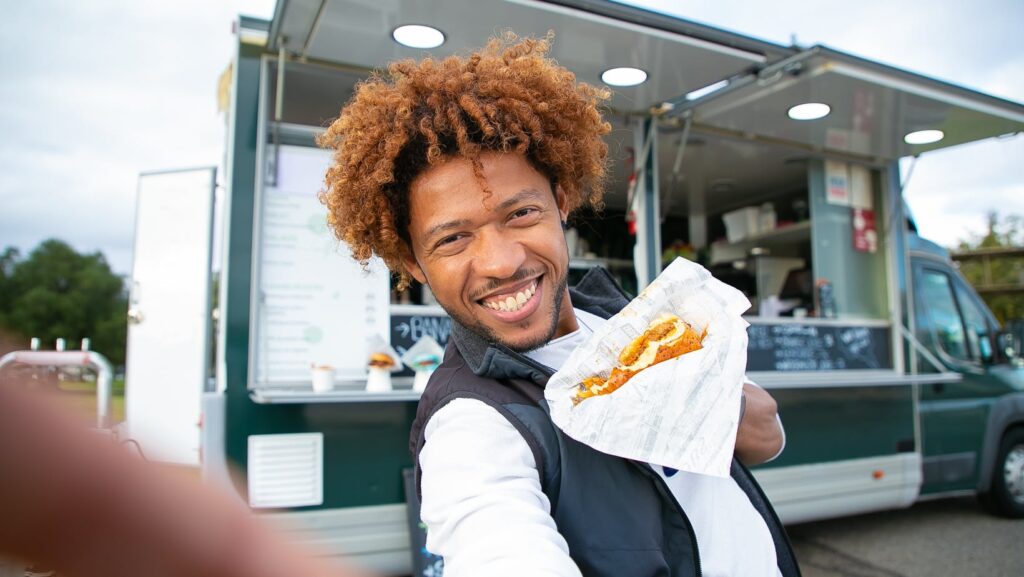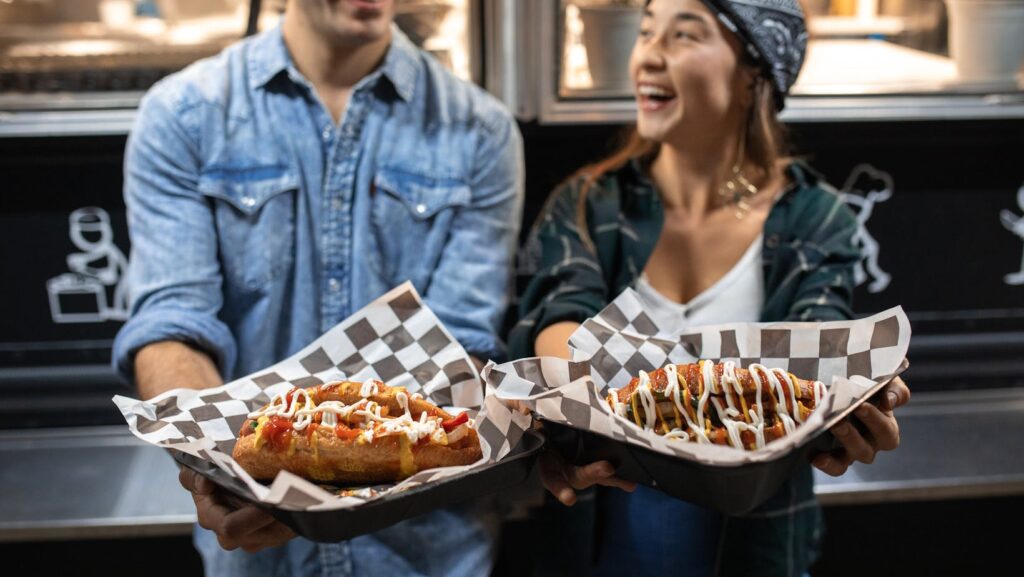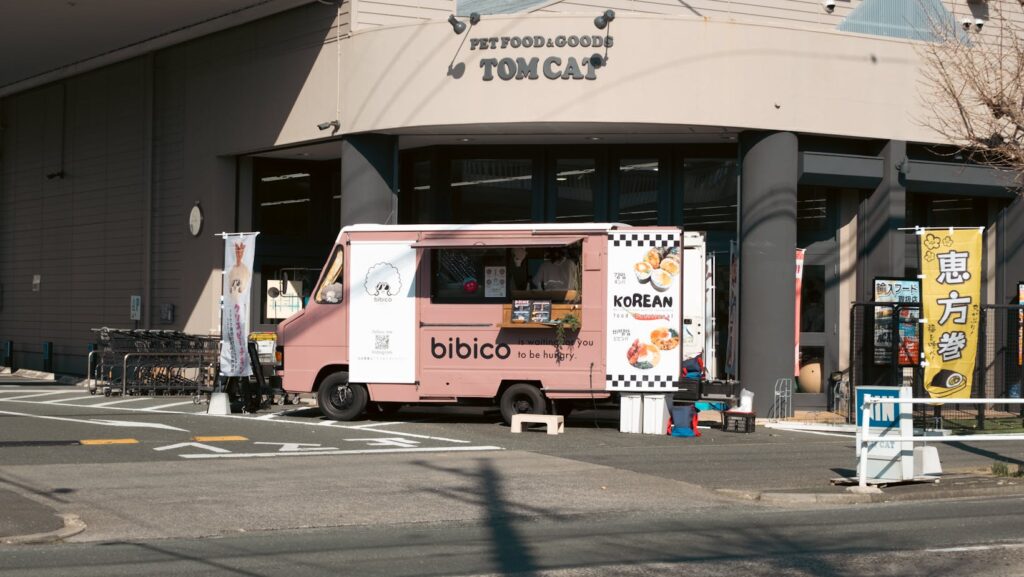In the bustling world of street food, nothing quite captures the public’s culinary imagination like a successful food truck. It’s a dynamic industry, shaped by evolving consumer trends that determine its success. But what exactly are these trends, and how do they influence the food truck business?
From embracing local flavors to prioritizing sustainability, consumer preferences are shifting in exciting ways. This article will delve into the key trends that are steering the food truck industry towards success. It’s a must-read for anyone aiming to spice up their food truck venture or simply curious about what makes these mobile eateries tick. Stay tuned as we unpack the recipe for food truck success.

Understanding the Food Truck Phenomenon
Within the past decade, the food truck industry has burgeoned, reflecting society’s evolving dynamics and preferences. The essence of its growth lies in understanding the two key components: the rise in street food popularity and the impact of social media.
Rise in Street Food Popularity
Today’s consumer prioritizes flexibility, variety, and novelty. They’ve found these elements embodied in the diverse offerings from food trucks. While traditional restaurants typically offer static menus and fixed locations, food trucks provide diverse foods, incorporating tastes from various cultures and cuisines. Their mobility grants them access to different locations and demographics, thereby expanding their customer base. These factors contribute to the growth of street food popularity—it’s an advent of a new food culture, a booming trend challenging the conventional dining experience.
Take, for instance, food trucks in New York. From Kimchi Tacos to Belgian Waffles, food trucks offer an international palette at one’s doorstep, instantly broadening the culinary horizon of consumers.
Impact of Social Media
Simultaneously, the food truck craze wouldn’t have gained such momentum without social media. A key platform for food trucks to reach a broader audience, social media has enabled operators to update customers about their location, the menu, and special promotions. Engaging content, drool-worthy food pictures, and customer testimonials often draw in a digital audience, eventually transforming them into actual customers.
Consider Kogi BBQ, a Los Angeles-based food truck. It gained immense popularity through its social media activities. By meticulously updating their Twitter feed with real-time locations and menu details, Kogi BBQ converted its online followers into a steady stream of customers, embodying the powerful impact of social media on the success of food trucks.

What Consumer Trends Make A Food Truck Successful
Preference for Quick and Affordable Meals
As a consumer trend, the inclination towards quick, affordable meals bolsters the success of food trucks. Salient among urban dwellers, this trend rides on the back of fast-paced modern lifestyles and a desire for convenience. With time in short supply, most consumers appreciate the swift services offered by food trucks, amplifying their popularity. Notably, these mobile eateries present a diverse array of food at affordable prices. For instance, a food truck typically offers quality meals for under $10, a price point that’s friendly to a majority of consumers. Thus, the success of food trucks lies in their ability to provide prompt, reasonably priced culinary solutions that fulfill the requirements of today’s fast-moving society.
Desire for Unique and Ethnic Food Options
Another trend propelling food trucks to success is the growing appetite for unique and ethnic food varieties. Adventurous consumers relish the thrill of exploring novel cuisines – a service food trucks are well-positioned to provide. The mobile nature of these businesses allows them to take diverse food cultures right to consumers’ doorsteps. In this regard, food trucks like ‘Kogi BBQ’ in Los Angeles pioneer new flavors by offering Korean-Mexican fusion food, driving consumer interest and growing their patron base. The lure of new, ethnic food options, often found only on food trucks, keeps customers engaged and coming back for more, boosting food truck success.
The success stories of ‘Cupcake and Shhht’, ‘The Grilled Cheeserie’, ‘Ms. Cheezious’, and ‘Luke’s Lobster’ are proof that with the right strategies, food trucks can thrive in this dynamic landscape. So, it’s not just about the food, it’s about understanding the consumer, being innovative, and creating an unforgettable experience.
